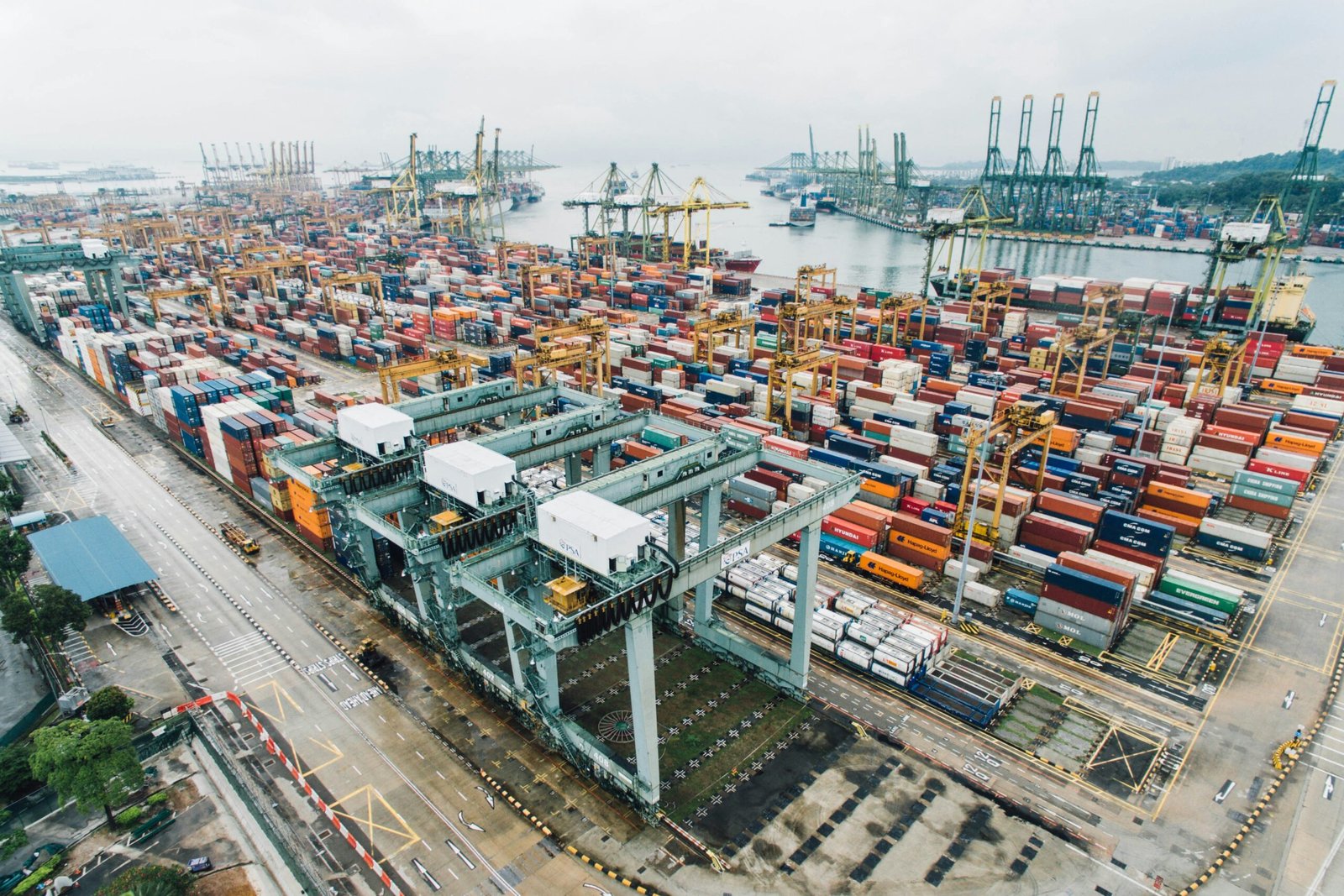Supply Chain Disruptions Worsen Amidst Global Shipping Crisis
The world is currently facing a global shipping crisis that is causing significant disruptions in supply chains across various industries. This crisis has been exacerbated by a combination of factors, including container shortages, port congestion, and labor shortages. As a result, the delivery of goods worldwide has been severely delayed, leading to concerns about rising inflation and economic impacts.
Container Shortages
One of the key issues contributing to the supply chain disruptions is the shortage of shipping containers. The pandemic has disrupted the balance of container availability, as many containers are stuck in the wrong locations due to lockdowns and restrictions. This has created a significant mismatch between the demand for containers and their availability, causing delays in the transportation of goods.
The shortage of containers has been particularly challenging for industries that rely heavily on imports and exports, such as manufacturing and retail. Companies are struggling to secure containers for their shipments, leading to longer lead times and increased costs. This has disrupted production schedules and inventory management, making it difficult for businesses to meet customer demand in a timely manner.
Port Congestion
In addition to container shortages, port congestion is another major factor contributing to the global shipping crisis. Ports around the world are experiencing significant congestion, with ships waiting for days or even weeks to unload their cargo. This congestion is primarily a result of increased shipping volumes and limited port capacity.
The surge in shipping volumes can be attributed to several factors, including the recovery of global trade after the initial impact of the pandemic and the surge in e-commerce. As consumer demand for goods increased, shipping volumes soared, overwhelming the capacity of ports to handle the influx of cargo. This has resulted in significant delays in unloading and processing shipments, further exacerbating the supply chain disruptions.
Labor Shortages
Another critical issue contributing to the global shipping crisis is the shortage of labor in the shipping industry. The pandemic has disrupted the workforce, with many workers falling ill or facing travel restrictions. This has led to a shortage of dockworkers, truck drivers, and other essential personnel involved in the transportation and handling of goods.
The labor shortages have further compounded the challenges faced by ports and shipping companies. With limited personnel available, the efficiency of operations has been significantly impacted. Delays in loading and unloading cargo have become more common, leading to further disruptions in the supply chain.
Concerns about Rising Inflation and Economic Impacts
The worsening supply chain disruptions have raised concerns about rising inflation and economic impacts. As the delivery of goods is delayed, businesses are facing increased costs, including storage fees, expedited shipping charges, and higher transportation costs. These additional costs are likely to be passed on to consumers, leading to higher prices for goods and services.
Furthermore, the disruptions in the supply chain can have far-reaching economic impacts. Industries that rely heavily on imports and exports may experience a decline in production and revenue. Small businesses, in particular, may struggle to cope with the delays and increased costs, potentially leading to closures and job losses.
The global shipping crisis highlights the vulnerabilities of the interconnected global supply chain. It serves as a reminder of the importance of robust and resilient supply chain management. As the world grapples with the ongoing challenges posed by the pandemic, it is crucial for businesses and governments to work together to find solutions and mitigate the impact of supply chain disruptions.
In conclusion, the global shipping crisis has worsened supply chain disruptions, causing delays in the delivery of goods worldwide. Container shortages, port congestion, and labor shortages have all contributed to these disruptions, leading to concerns about rising inflation and economic impacts. It is imperative for businesses and governments to address these challenges and find ways to restore the efficiency and reliability of global supply chains.



































